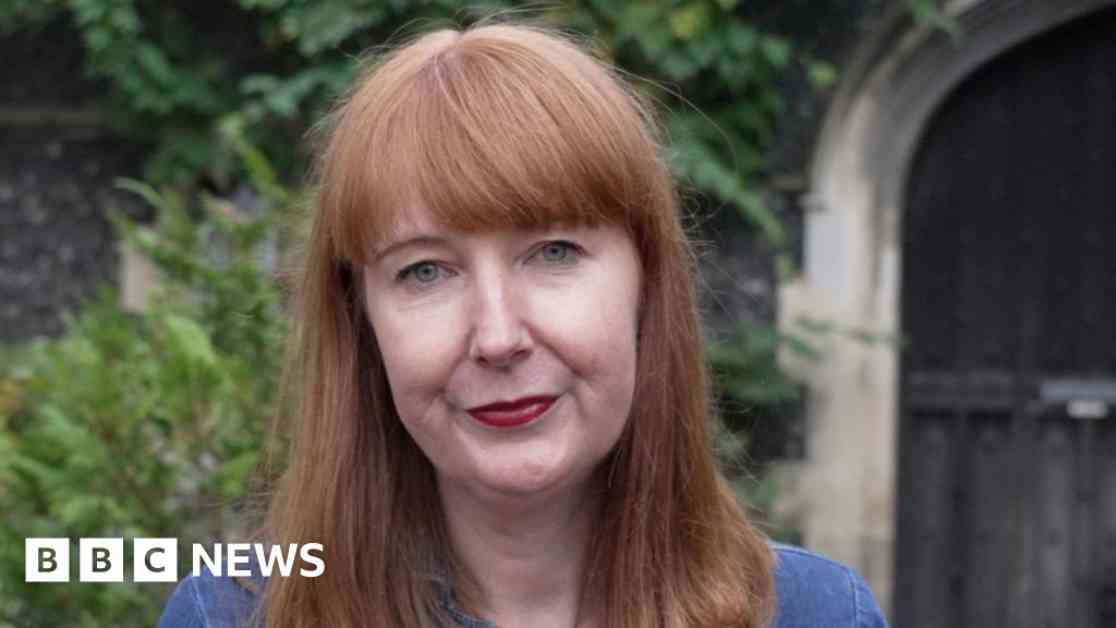Assisted Dying Law: Terminally Ill Individuals Share Their Views
The controversial debate surrounding the right of terminally ill individuals to end their lives is taking center stage as MPs mull over a proposed law to legalize assisted dying. The bill, if passed, would grant those with a life expectancy of six months the option to choose when and how they die, provided that their decision is endorsed by medical professionals. However, this contentious issue has sparked a heated discussion among politicians from various parties, with concerns raised about how vulnerable individuals can be protected from coercion and manipulation in such delicate circumstances.
Voices from the Ill
In a recent interview with BBC News, two individuals with terminal illnesses, Elise Burns and Nik Ward, shared their contrasting perspectives on the proposed legislation. Elise, who is battling terminal breast cancer that has metastasized to her bones, lungs, and liver, expressed her desire to have the autonomy to end her life on her terms before the pain becomes unbearable. Enduring excruciating agony on a daily basis, Elise fears a slow and agonizing death more than the prospect of dying itself. She believes that everyone should have the right to make decisions about their own bodies, especially in the face of such debilitating suffering.
On the other hand, Nik Ward, who is grappling with motor neurone disease, takes a different stance on assisted dying. Despite facing the grim reality of his terminal condition, Nik believes that legalizing assisted dying could inadvertently pressure vulnerable individuals into choosing death prematurely. He worries that those who feel like a burden to their loved ones might opt for assisted dying out of a sense of obligation rather than genuine consent. While acknowledging the unbearable pain that individuals like Elise endure, Nik emphasizes the need for stringent safeguards to protect vulnerable individuals from making hasty decisions driven by external influences.
The Ethical Dilemma
The proposed assisted dying bill has ignited a fierce ethical debate among politicians and the public alike. While advocates argue that the legislation offers hope to those facing a painful and protracted death, opponents raise concerns about the potential for coercion and abuse in vulnerable populations. Critics question whether the proposed safeguards, such as approval from two doctors and a judge, are robust enough to prevent undue influence on terminally ill individuals. The bill’s proponents, on the other hand, emphasize the importance of granting individuals the freedom to choose a dignified death on their own terms.
A Glimpse into the Future
As the assisted dying bill navigates through the legislative process, the testimonies of individuals like Elise and Nik shed light on the complex and deeply personal nature of this issue. While Elise contemplates the possibility of availing herself of assisted dying services in Switzerland due to the prohibitive costs involved, Nik grapples with the moral implications of legalizing a practice that could potentially compromise the autonomy of vulnerable individuals. Their stories underscore the need for a nuanced and compassionate approach to end-of-life care that prioritizes individual autonomy, safeguarding vulnerable populations, and upholding the sanctity of life in the face of terminal illness.

















